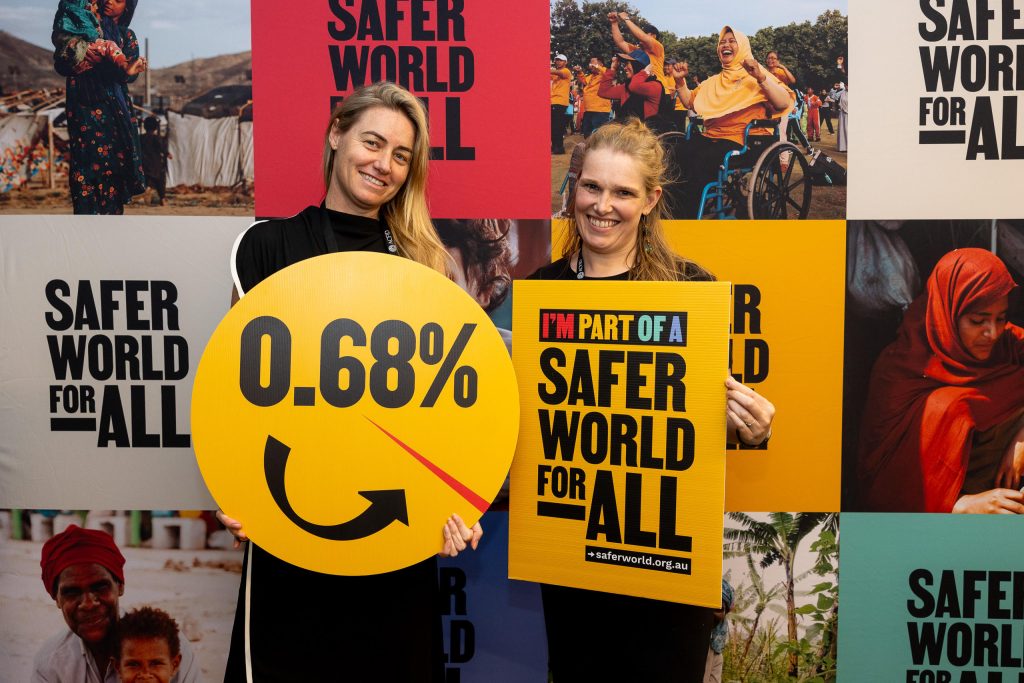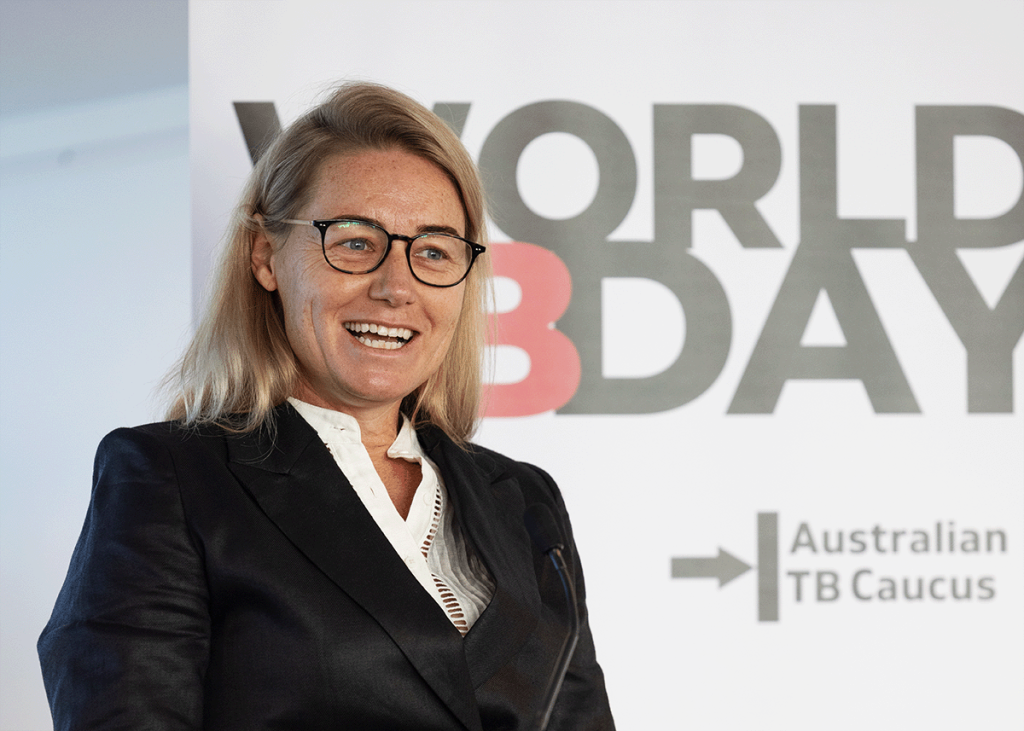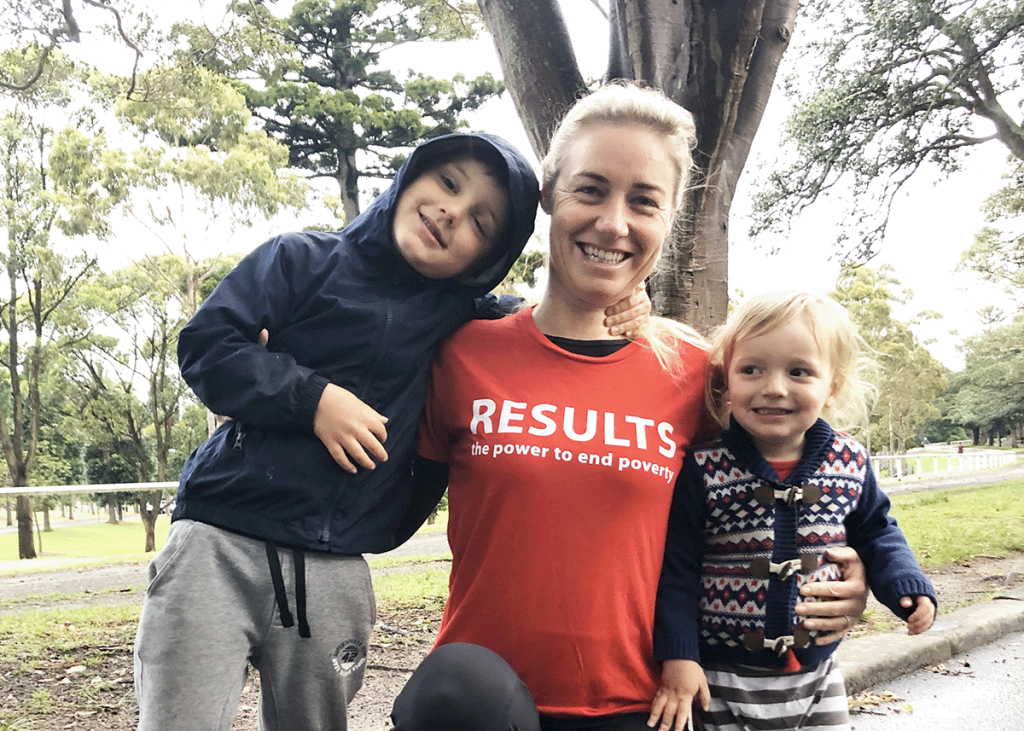Vicki-Tree Stephens, unlike many CEOs she’s met, doesn’t have imposter syndrome.
“I know I’m not perfect,” she says, “but this is what you’re getting. I try my best every day and that’s all I can do.”
It’s a philosophy that has stood her in good stead throughout her career, including the past 19 years at Youth Involvement Council (YIC) in the remote Western Australian town of Port Hedland, a 17-hour drive north of Perth.
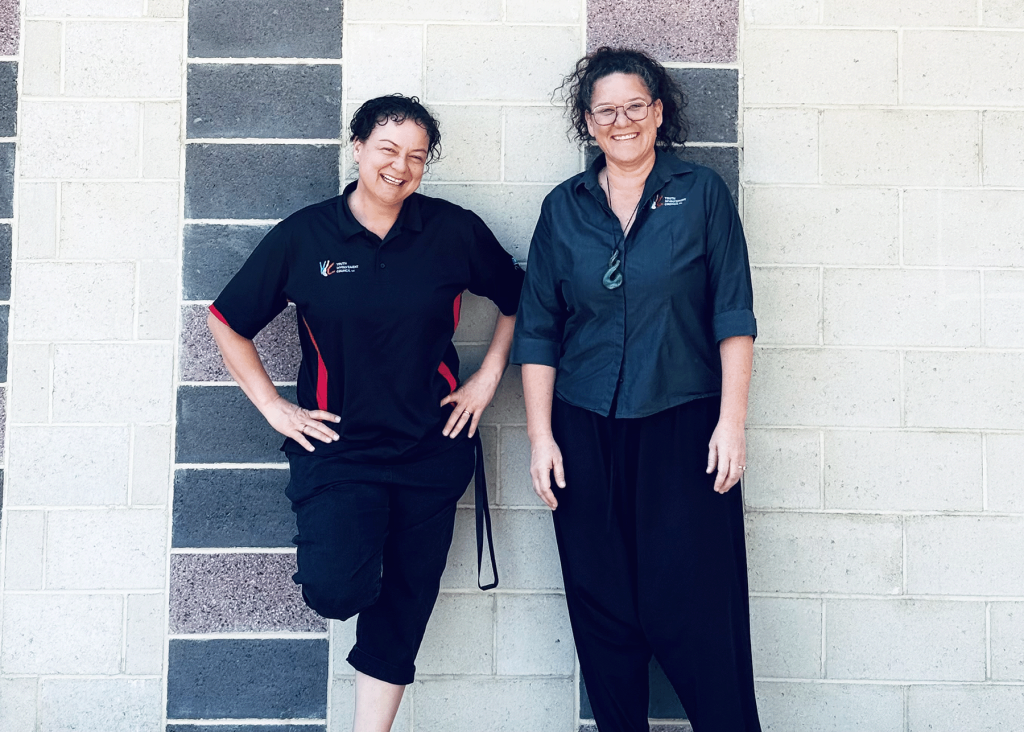
Vicki started at the organisation, which works with at-risk young people to bring positivity to their lives, in 2006, as a youth worker. After working every job in the organisation, in 2010 she was approached by the Board to take the role of CEO, a position she held for 14 years. In that time, she took an organisation that was almost insolvent, to one that has money in the bank. She oversaw an $11 million refurbishment of the YIC headquarters and the $3.5 million reconstruction of a youth crisis accommodation facility. Now, says Vicki, half the town has her phone number.
“I know the community quite well now,” she says. “There’s a lot of trauma and a lot of mental health challenges in this community. It’s an honour for people to let you into their lives, and to tell you their stories.
“I’ve stayed in Hedland longer than I thought I would, and now the Elders tell me I’m not allowed to leave.”
Giving For-Purpose Leaders Tools to Separate Self from Organisation
In 2023 Vicki was selected for the third cohort of Social Impact Leadership Australia (SILA), a 10-month professional development program designed for for-purpose CEOs, which gives leaders access to executive coaching, group learning retreats, and a tailored three-month sabbatical.
Vicki says the impact of SILA has been tenfold.
“It’s still reverberating even though it’s over,” she says. “It catalysed everything I knew I needed to do.”
One of those things was to find more balance.
“A lot of CEOs that come through the SILA program are at risk of burnout,” says Terri Soller, SILA Coach and Facilitator. “For-purpose CEOs are leading teams regularly exposed to trauma, operating in precarious funding environments, and have a lot of people relying on them to provide services and make positive change. It’s a sector that can take a personal toll.
“It’s not possible to create a thriving, sustainable for-purpose sector if those leaders with the deepest experience and relationships frequently exit due to burnout.
“Part of the work we do through SILA is give leaders tools to separate self from organisation, which gives them permission to take breaks, to switch off, and ultimately build their resilience to keep their expertise within the sector.”
Vicki, who is a self-confessed reformed workaholic, says SILA helped her understand the value of taking breaks.
“I was never a workaholic to be a hero. I just feel strong in my obligation to the work.”
The three-month sabbatical forced Vicki to step away from the organisation, during which time then YIC Operations Manager Tania Murray stepped into the role of CEO. Vicki says she did a lot of preparation with stakeholders, the team, and community before she left to make sure Tania was set up for success.
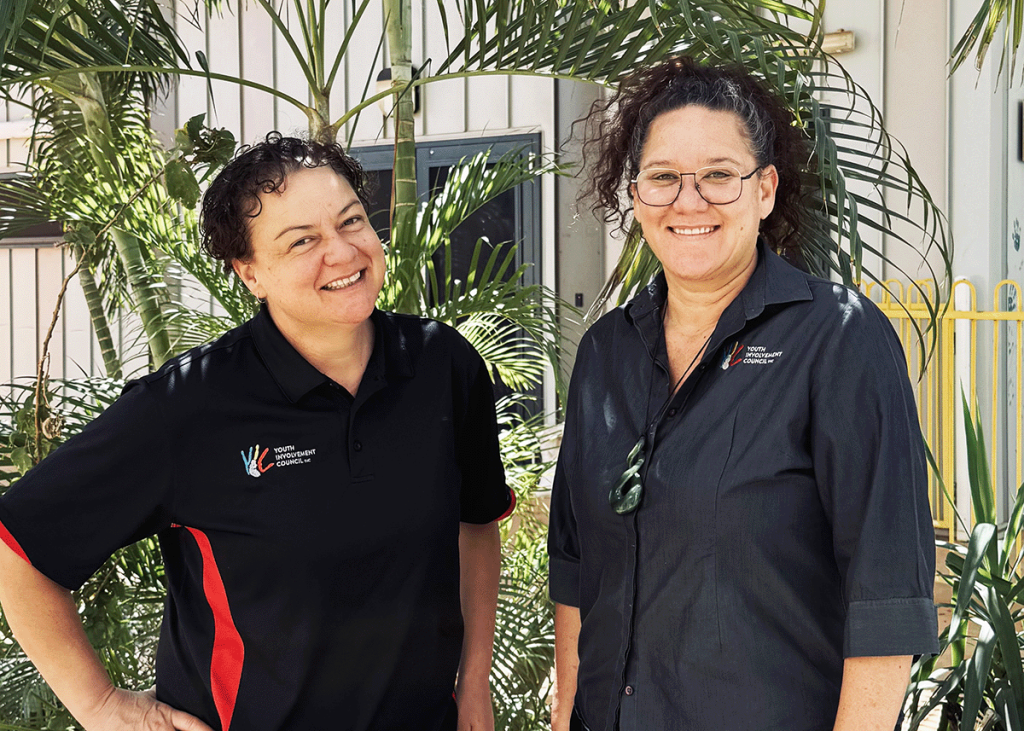
“I knew that if I didn’t commit to the sabbatical 100%, then my team and the Board would never know what they could do without me,” says Vicki.
During the three-month sabbatical, SILA supported Tania as step-up leader, providing her access to 1:1 executive coaching, a network of other step-up leaders, and a stipend for the organisation.
“The benefits of SILA extend beyond the individual in the program,” continues Terri.
“The step-up leader and organisation are supported through the sabbatical so that while the CEO is away, the organisation stays strong. It prepares the organisation for the inevitability of new leadership, whenever that time comes.”
At the end of the three months, in April 2024, when Vicki returned to YIC, Tania told her she was ready to have her job.
So together, they made it happen. On 1 August they hosted a CEO transition event where the community welcomed Tania and thanked Vicki for her contribution.
Vicki didn’t leave the organisation, however, and she’s remained in a leadership role responsible for training and development of the team, one month on, and one month off, using up almost 20 years of leave her former workaholic never took.
“How cool that I could leave before I was done,” says Vicki.
“Tania was born and bred in Hedland, this is home for her. And she’s still happy to have me around. I can provide that balance of support and getting out of her way, which is an important part of her growth.”
A leadership transition that maintained trust in the community
The CEO transition has meant that there is continuity of the philosophy that has driven the organisation to this point, and the trust and community relationships built over Vicki’s tenure aren’t destroyed overnight.
Tania says that as YIC’s step-up leader, she didn’t lose the experience of Vicki as CEO.
“So often a CEO moves up and out of an organisation, and you lose a person who has been embedded in a community for a long period of time. You not only lose their skill set, but you are at risk of losing the connection and trust with the community,” she says.
“In our case the trust isn’t lost, because the person hasn’t walked away. And in a community like ours, trust and relationships are everything.”
Vicki has told Tania that she’ll stick around for two more years, before quietly walking out the back door. Tania has countered with eight years. However long Vicki stays, one thing the Hedland community knows for sure, is YIC is in good hands.
Applications for the next cohort of SILA close 6 April 2025.

